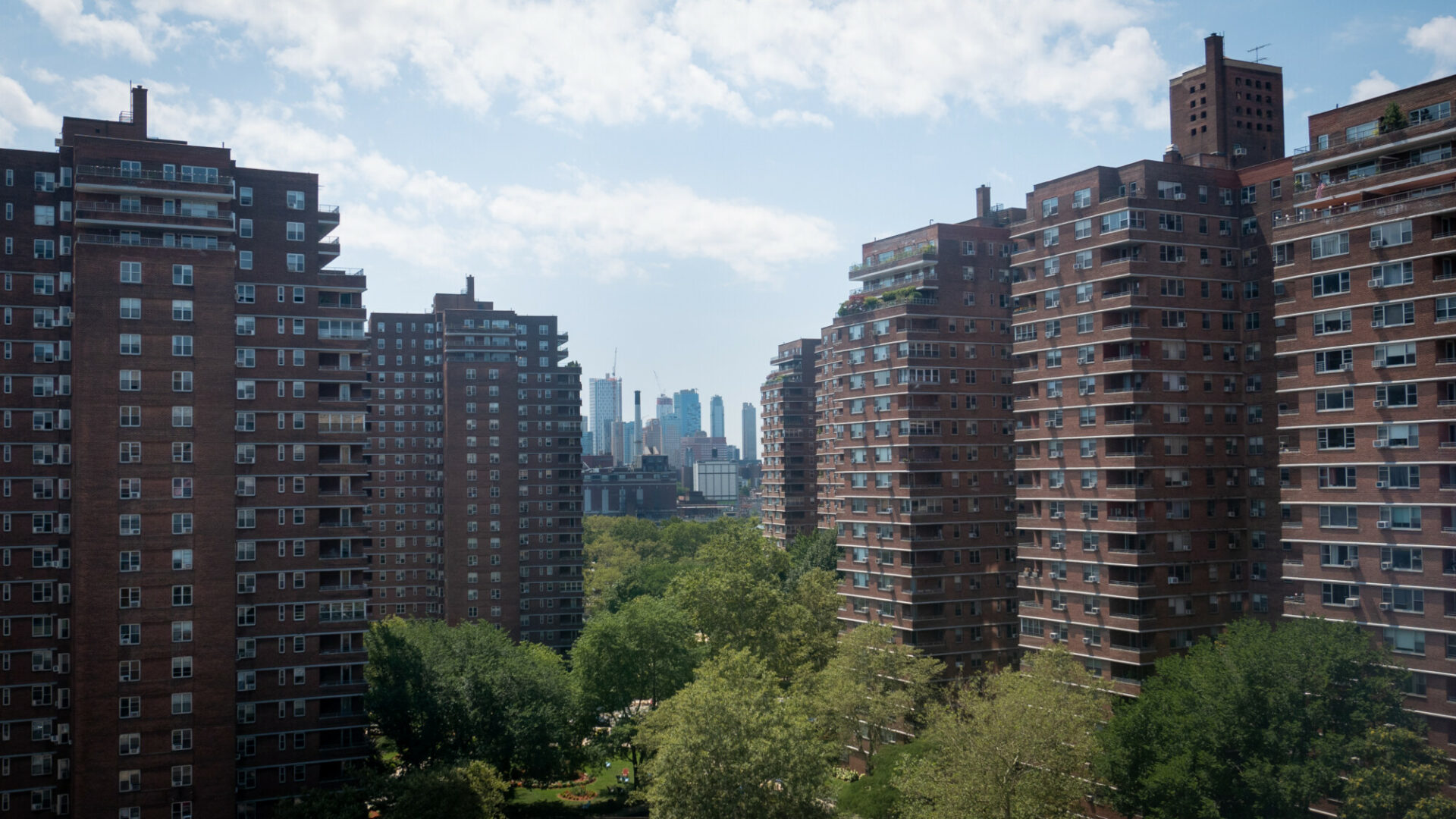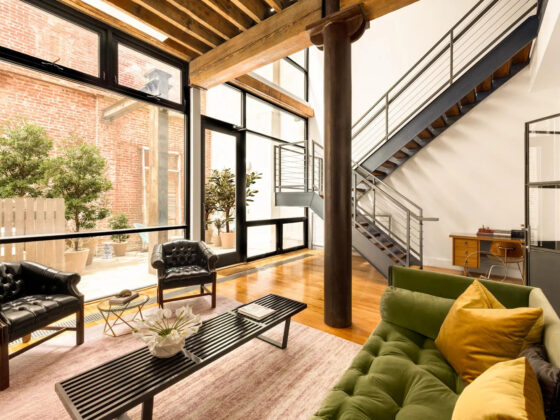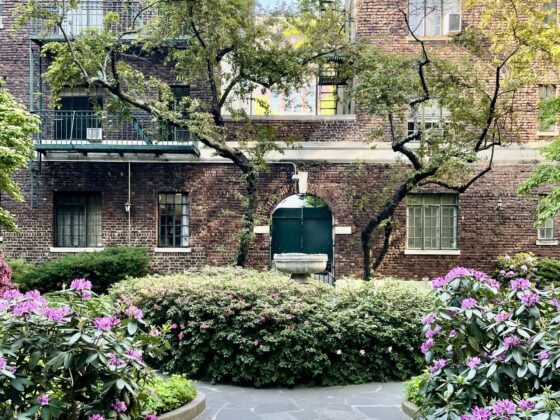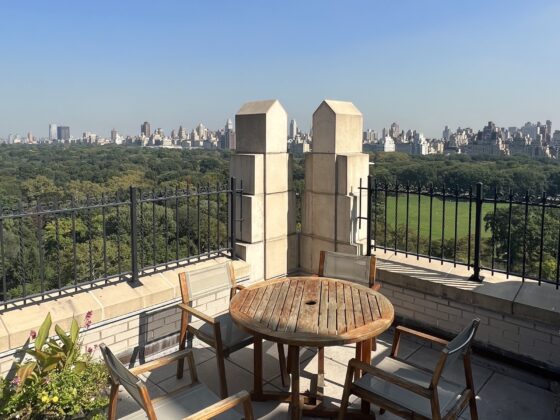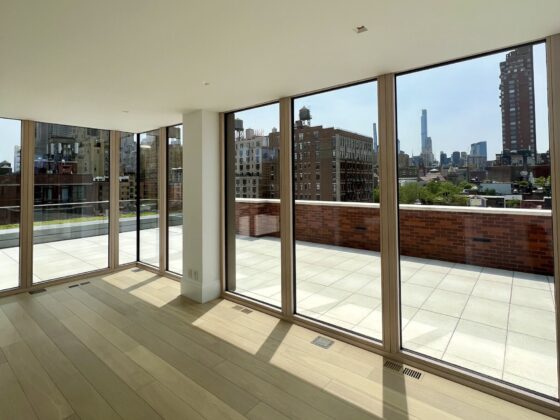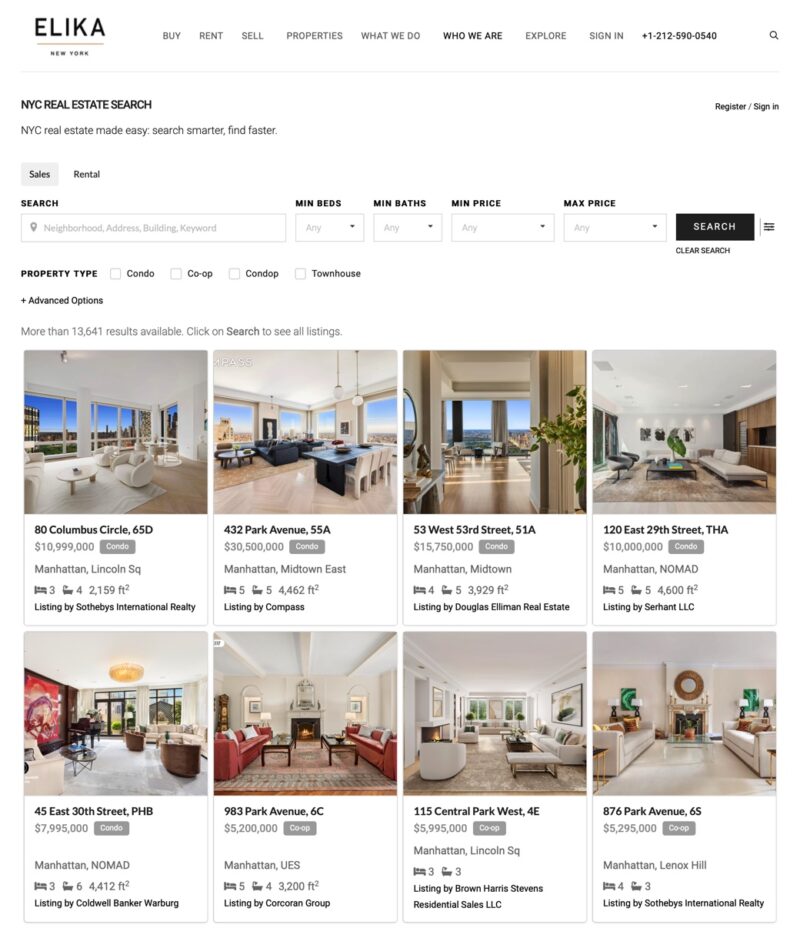Table of Contents Show
New York City’s dynamic real estate market has long been associated with sky-high prices, making homeownership seem like an unattainable dream for many. Amid this challenging landscape, income-restricted co-ops emerge as a beacon of hope, offering affordable housing opportunities for those with lower incomes. We explore the Mitchell-Lama affordable housing program and the salary cap for income-restricted units in NYC. We also provide an extensive guide on navigating the purchasing process to secure one of these coveted properties.
Understanding Mitchell-LamaUnderstanding Mitchell-Lama
The Mitchell-Lama program, named after former New York State Senator MacNeil Mitchell and Assemblyman Alfred Lama, was established in 1955 with a noble mission: to incentivize the construction of affordable rental and cooperative housing for moderate and middle-income residents in New York State. The program’s overarching goal was to address the growing housing crisis and provide quality housing options for those who could not afford market-rate properties.
To encourage developers to participate, the Mitchell-Lama program offers a range of benefits, including low-interest loans, tax exemptions, and access to affordable land. In return, developers agree to maintain affordable rents or sales prices for a specified period, typically between 20 and 40 years. These properties are regulated by the state and subject to specific guidelines, ensuring they remain accessible to low and middle-income households.
Income-Restricted Co-opsIncome-Restricted Co-ops
As part of the Mitchell-Lama program, income-restricted co-ops are offered below-market prices to lower-income households. These housing units provide a unique opportunity for individuals and families to achieve their dream of homeownership in a city renowned for its high living costs.
In a cooperative, buyers purchase shares in the cooperative corporation, which owns the entire building. Each buyer’s number of shares corresponds to the unit size they intend to occupy.
The Salary Cap for Income-Restricted UnitsThe Salary Cap for Income-Restricted Units
The salary cap for income-restricted co-ops in NYC is based on the Area Median Income (AMI). It varies depending on the specific affordable housing program or association managing the property. The AMI represents the middle point of the income distribution in a particular area, accounting for higher and lower incomes.
Income limits for income-restricted units are set as a percentage of the AMI and differ according to the program or association. For instance, a low-income household might have an income limit set at 60% or 80% of the AMI, while a moderate-income household could have a limit of 100% to 120% of the AMI. These limitations are critical in ensuring that income-restricted co-ops remain accessible to those with limited financial means, providing them with a chance for affordable homeownership in the heart of the bustling metropolis.
How to Buy an Income-Restricted Co-opHow to Buy an Income-Restricted Co-op
Purchasing an income-restricted co-op in NYC involves a competitive and, at times, intricate process. Here is a step-by-step guide to help navigate this journey:
Research Mitchell-Lama PropertiesResearch Mitchell-Lama Properties
Start by researching Mitchell-Lama properties, and co-ops, currently offering affordable units. Websites like NYC Housing Connect and the New York City Housing Preservation & Development (HPD) website are valuable resources for finding listings.
Check EligibilityCheck Eligibility
Review the income guidelines for the specific program or association to determine if you meet the eligibility criteria for income-restricted units. Income restrictions may vary based on household size and composition.
Attend Information SessionsAttend Information Sessions
Some Mitchell-Lama properties hold information sessions for prospective buyers. Attending these sessions can provide essential insights into the application process and the specific requirements of each property.
Gather Required DocumentsGather Required Documents
Once you have identified a property of interest, gather all the necessary documents, such as proof of income, identification, and any additional paperwork requested by the cooperative association.
Submit Your ApplicationSubmit Your Application
Submit your application for the income-restricted co-op. Remember that the demand for affordable housing in NYC is high, and waitlists are typical for these units.
Waitlist and LotteryWaitlist and Lottery
Many income-restricted properties use a lottery system to select applicants from the waitlist. You will be invited to complete a more detailed application and provide additional documentation if selected.
Verification ProcessVerification Process
If your application is successful, you must provide documentation to verify your income and household size.
Affordable Housing InterviewAffordable Housing Interview
You may sometimes be required to attend an interview to discuss your eligibility further.
Purchase AgreementPurchase Agreement
You will sign a purchase agreement for the income-restricted co-op if approved. Be sure to read and understand the terms of the agreement, as affordable housing units often have specific rules and restrictions.
Closing ProcessClosing Process
Work closely with your real estate attorney and financial institution to complete the closing process, ensuring a smooth transfer of ownership.
Benefits and Challenges of Income-Restricted Co-opsBenefits and Challenges of Income-Restricted Co-ops
Income-restricted co-ops offer a range of benefits for prospective homeowners, such as:
- Affordable Homeownership: These properties present an unparalleled opportunity for low-income individuals and families to become homeowners in one of the world’s most expensive cities.
- Stable Housing Costs: Resale restrictions and regulated prices help maintain housing costs manageable, providing stability and predictability for residents’ budgets.
- Community Atmosphere: Co-op buildings often foster a strong sense of community among residents, as they share responsibilities and decision-making through cooperative ownership.
Despite the benefits, there are also challenges to consider when purchasing income-restricted co-ops:
- Waitlists and Competition: Due to the high demand for affordable housing in NYC, income-restricted properties may have long waitlists, and the application process can be highly competitive.
- Resale Restrictions: While resale restrictions maintain affordability for future buyers, they can also limit the potential financial gains for current residents looking to sell their shares.
- Limited Equity Growth: The restricted resale price may result in limited equity growth for owners, especially if the property’s value increases significantly over time.
How to Find Michell Lama Co-opsHow to Find Michell Lama Co-ops
If you’re searching for Mitchell-Lama co-ops for sale in New York City, several platforms can help you. Two popular websites worth exploring are StreetEasy and CitySnap. StreetEasy is known for its comprehensive listings of real estate properties across NYC, including income-restricted units. You can easily filter your search to include Mitchell-Lama properties and browse through available listings. Similarly, CitySnap is a valuable resource, offering detailed information on affordable housing options, including Mitchell-Lama co-ops. Both platforms provide user-friendly interfaces and up-to-date listings, making them ideal starting points in your quest for affordable homeownership.
Final ThoughtsFinal Thoughts
Income-restricted co-ops in New York City present a unique and valuable pathway to affordable homeownership. With an understanding of the Mitchell-Lama program, salary caps, and the steps to purchase one of these units, prospective buyers can navigate the competitive housing market in the city. By diligently following the application process and leveraging available resources, individuals and families can find a stable and affordable place to call their own in the heart of the Big Apple. The promise of owning a home in NYC becomes more attainable with income-restricted co-ops, opening doors to new opportunities and a brighter future for those seeking a place to call home in this bustling urban landscape.
